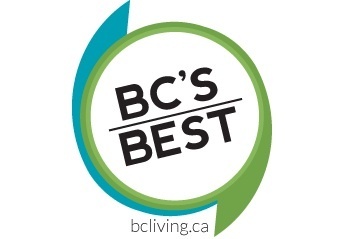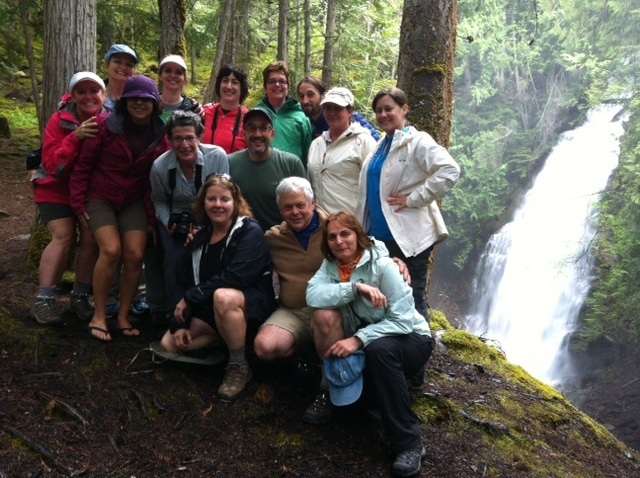The Detox Food Myth – Our Nutritionist Weighs In
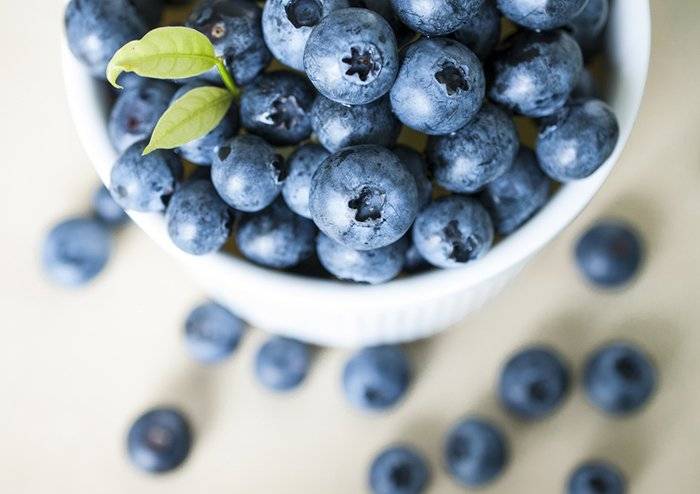
There has been a lot of talk lately about “detoxing foods” – superfoods that cleanse everything from your liver to your spleen. In fact, take a walk through any health food store and you’ll notice a lot of products bearing the word “detox.”
Recently the well-respected Guardian newspaper in the UK did an exposé about a lot of these foods and claimed that detoxifying is a myth – that the word should only ever be applied to someone suffering from life-threatening drug addiction.
And yet, at Mountain Trek, we use the word “detoxify” often – in fact, it defines one of the five paths of the program, which also includes nutrition, fitness, sleep, and stress reduction. So what is the difference between the modern-day media’s use of the word “detox” and the way it’s used at Mountain Trek?
To discover the answer, we spoke with Mountain Trek’s nutritionist Jennifer Keirstead about the differences between detoxifying foods and detoxifying your body.
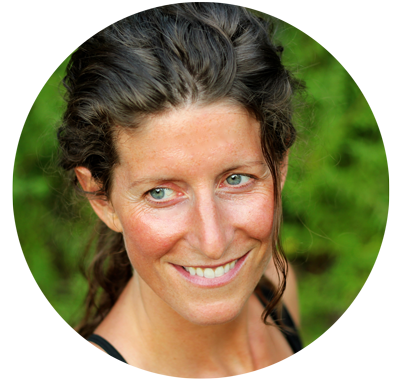 1. Is there such a thing as a food that detoxifies?
1. Is there such a thing as a food that detoxifies?
J: I certainly think there are foods that can help our bodies in the process of being healthy. I like the idea of eating to nourish ourselves. A diet full of color, variety, fresher, and less packaged foods. These foods, when eaten regularly, help keep us healthy all year round.
2. We hear a lot about “detoxing teas” and “superfoods” that clean out the body. Are there really examples of detoxing foods?
J: Fresh foods, with lots of colors, are abundant in nutrients, making them both nourishing and satisfying. Some of my personal favorites include leafy greens, cilantro, parsley, broccoli, cauliflower, cabbage, apples, berries, garlic, and ginger. I like the idea of buying local and in season, to increase the freshness and nutrient density of my food.
3. Why do you think there is a fad around foods that detoxify right now?
J: I think everyone loves trying something new. We get bored because we’re used to having so many options. This is another reason why eating seasonally makes sense, we can get the variety we really crave. Those fresh summer strawberries only have a small growing window, you truly enjoy and savor them when there not available every day. Besides, our lives are busy! When we stop for a minute to reflect, chances are we all feel like we need to detoxify from some part of our jam-packed life. I think just the word “detoxification” itself can be comforting. It can make us feel like we’re being proactive in reducing the amount of lifestyle stress we often expose ourselves to.
4. What is a better way to detoxify your body?
J: I like to look at detoxification as a whole body and lifestyle process. If we could take into account all the different areas in which we may need to make adjustments. These include increasing physical activity, enjoying dry saunas, eating nourishing, whole foods on a regular basis, and addressing all that mental clutter through practices like meditation, yoga, or getting out into nature. All of this helps relieve toxic stress and a toxic lifestyle.
5. What are 5 examples of food to avoid because they are very toxic to your body?
J: I believe so much in moderation. Some of the things we might truly enjoy from time to time, may not always be the best for our body. Enjoying indulgent foods in balance helps supports realistic expectations, and can still be part of a healthy, yet sustainable, lifestyle. Excessive amounts of caffeine, alcohol, sugar, and processed foods can have a toxic effect on us both mentally and physically. Try and make these things an occasional part of life, and remember it’s what you do MOST of the time that matters.
What is Mountain Trek?
Mountain Trek is the health reset you’ve been looking for. Our award-winning health retreat, immersed in the lush nature of British Columbia, will help you detox, unplug, recharge, and roll back years of stress and unhealthy habits. To learn more about the retreat, and how we can help you reset your health, please email us at info@mountaintrek.com or reach out below:




